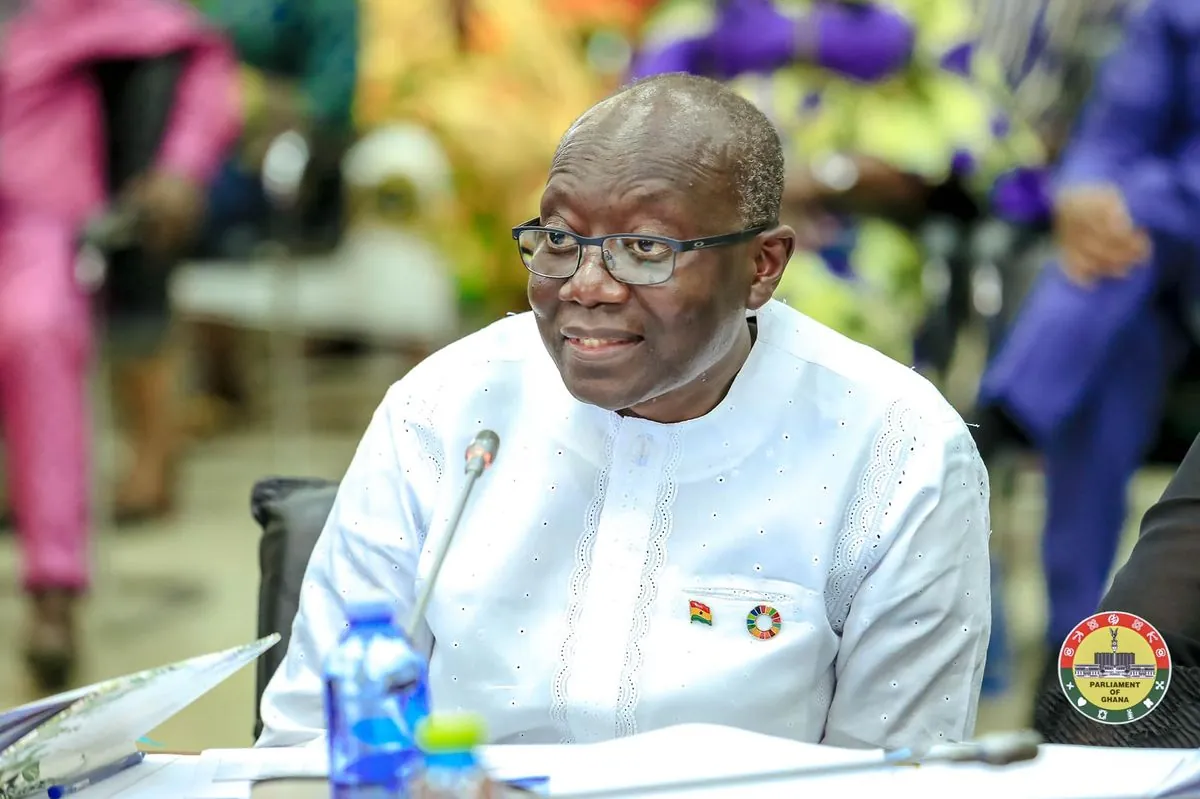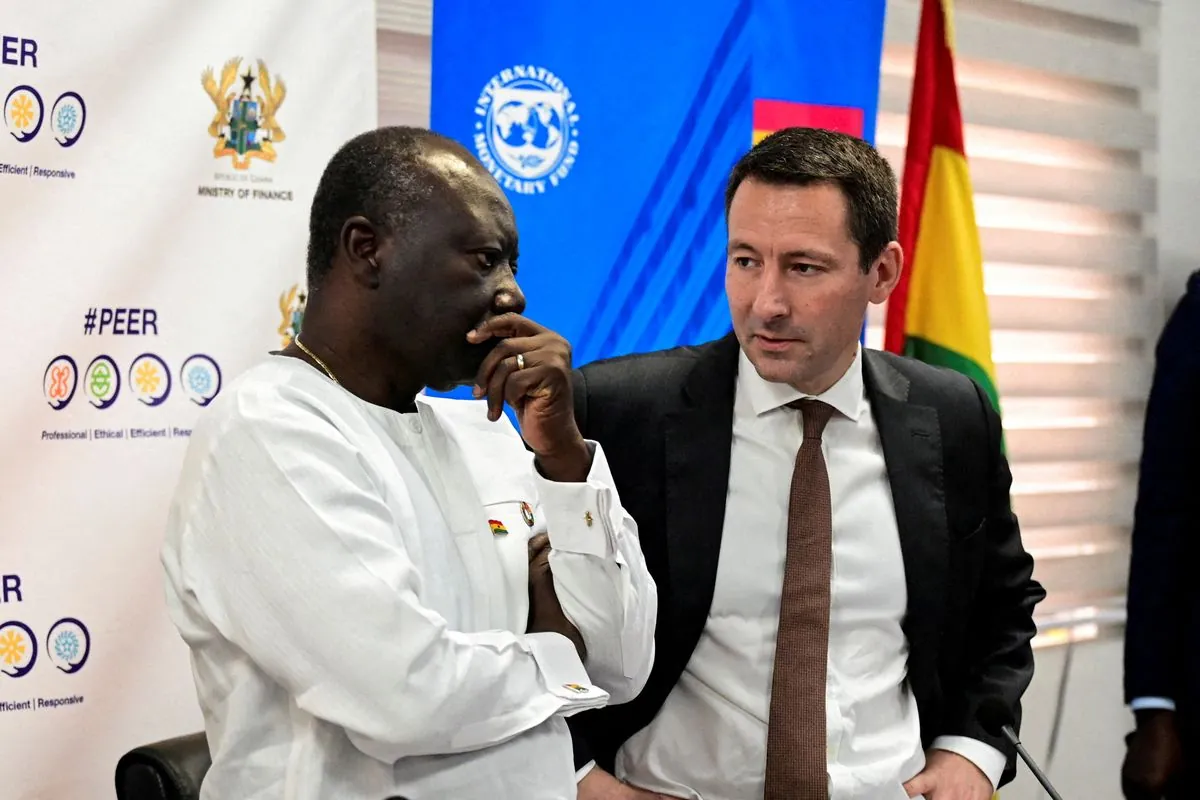Ghana Proposes $13 Billion Bond Swap in Debt Restructuring Effort
Ghana offers to exchange $13 billion in international bonds as part of its debt restructuring plan. Bondholders have until September 30 to accept, with the new bonds set to be issued on October 9, 2024.

Ghana has initiated a significant step in its debt restructuring process by inviting holders of approximately $13 billion in international bonds to exchange their holdings for new instruments. This move comes more than two months after reaching a preliminary agreement with two bondholder groups.
The West African nation, known for its gold and cocoa production, defaulted on the majority of its $30 billion international debt in 2022. This financial crisis was precipitated by a combination of factors, including the strain of the COVID-19 pandemic, the conflict in Ukraine, and rising global interest rates.
Bondholders have until September 30, 2024, to accept the offer. Those who agree before September 20, 2024, will be eligible for a 1% consent fee. This restructuring is part of the G20 Common Framework, which has also been utilized by Zambia and Chad, with Ethiopia expected to follow suit.
The restructuring offer presents two main options for bondholders:
A "disco" bond with an interest rate starting at 5% and increasing to 6% after mid-2028. This option includes a 37% writedown of principal and maturities ranging from 2026 to 2029.
A par bond option capped at $1.6 billion, with the main instrument paying a 1.5% coupon and maturing in 2037. This option has no haircut except for a writedown of past due interest.

This agreement is expected to result in bondholders forgoing about $4.7 billion of their loans and provide Ghana with cash flow relief of approximately $4.4 billion until 2026, when the country's current International Monetary Fund programme concludes.
Godfred Bokpin, an economist and finance professor at the University of Ghana, described this announcement as a crucial milestone in the country's restructuring efforts. He stated, "With this, investors now have a fair understanding of their losses and they can move on."
It's worth noting that Ghana, the world's second-largest cocoa producer after Côte d'Ivoire, has faced economic challenges despite its rich natural resources. The country discovered offshore oil in 2007 and began production in 2010, which initially boosted economic growth. However, the heavy dependence on primary commodity exports has left the economy vulnerable to external shocks.
Ghana's journey since gaining independence from British colonial rule in 1957 has been marked by both progress and setbacks. The country has experienced several military coups but has also been praised for its democratic stability in recent decades. With a population of approximately 31 million people as of 2021, Ghana faces ongoing challenges such as income inequality and environmental degradation.
The success of this debt restructuring effort will be crucial for Ghana's economic recovery and its ability to regain access to international financial markets. As the country navigates this complex process, it will need to balance the interests of creditors with the need for sustainable economic growth and development.
"We support the restructuring offer. It is important for Ghana to sustain economic reforms to eventually regain access to international financial markets."
The new bonds are scheduled to be issued on October 9, 2024, marking a significant step in Ghana's efforts to stabilize its economy and set the stage for future growth.


































